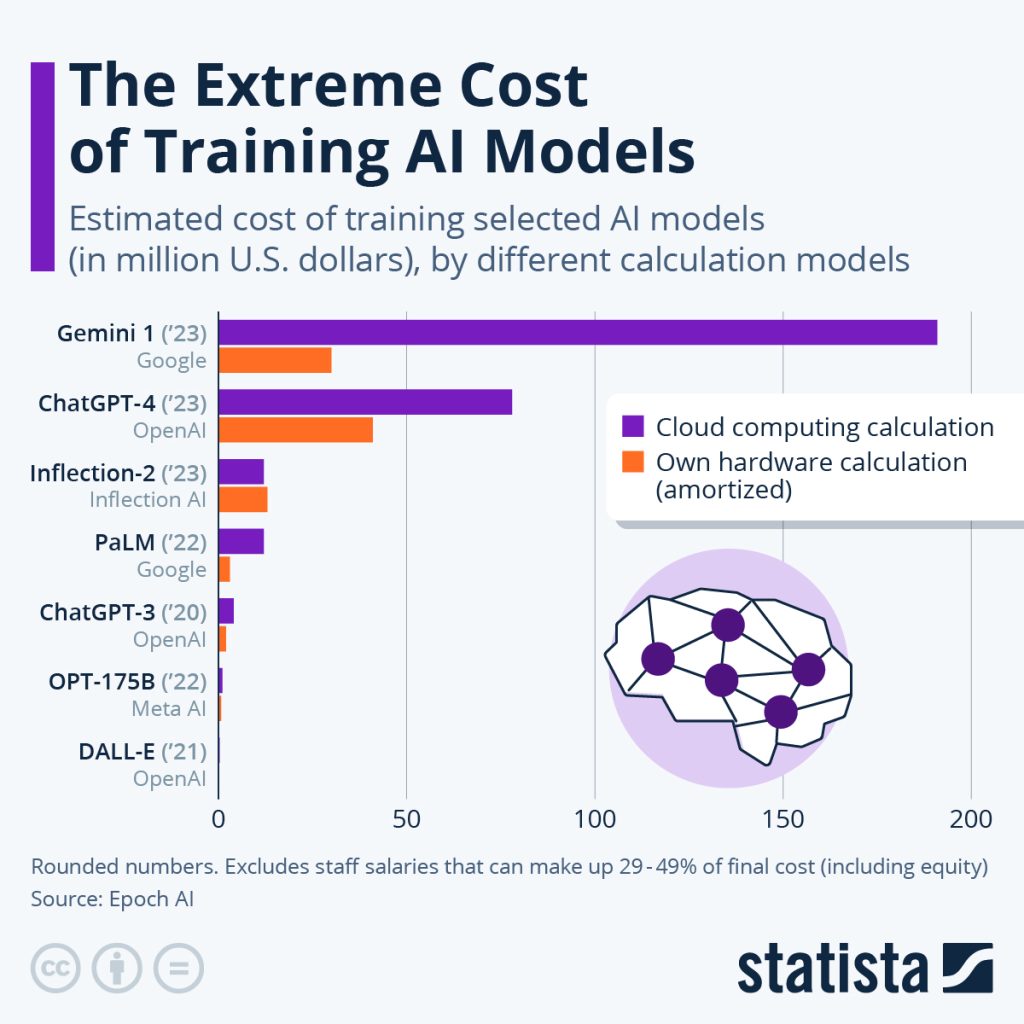Musk’s xAI Play Exposes the Hypocrisy of Walled Gardens in Artificial Intelligence
Elon Musk’s latest venture, xAI, isn’t just another moonshot—it’s a direct challenge to the closed ecosystems dominating AI development. While Silicon Valley preaches ’open innovation,’ their platforms remain locked tighter than a VC’s purse strings during a bear market.
Walled gardens aren’t just slowing progress—they’re skewing the playing field. xAI’s gambit forces a reckoning: can the industry claim ethical AI while hoarding data and algorithms behind proprietary walls?
The irony? The same tech giants crying foul about AI regulation built the very fortresses now stifling competition. Maybe next they’ll short the stocks of startups their policies suffocate—just to complete the circle.
Who Owns The Data?
We all know AI thrives on data, but what sometimes gets lost in translation is that data isn’t just ones and zeroes. It’s actual human interactions: what people search, click, post, and share. And such information costs a lot. Last year Reddit struck a $60 million deal with Google to make its content available for training the search engine giant’s artificial intelligence models. Good for Reddit, and good for any other social company sitting on mountains of user data. Now, they can shut the doors off and crank up the access fees.
The real story behind xAI is that, essentially, Musk is giving it special access to data that no one else can touch. The conversations, threads, arguments, and jokes on X? That’s training fuel for AI models. But unless you’re Musk, or someone with a similar empire, you’ll be unable to access it. Many companies have quietly changed their privacy policies — for example, Google tweaked the phrasing for how it used data for its products, adding that public information could be used to train its AI chatbot and other services. These aren’t coincidences, they’re power plays. If you’re a startup or solo developer without massive backing, how do you compete?
Efficiency vs. Innovation
Some may argue that this is just how it is. Training large models takes resources that only the big players have. It’s expensive, it’s complex, and scale matters. Fair enough, but that doesn’t mean that we should just hand over the future of AI to whoever happens to own the most servers and user data.
Just because something is efficient doesn’t mean it’s right or safe. If only a few companies get to decide what AI looks like, who it helps, and what values it reflects, we’re not building a shared future—we’re building a monopolized one. That’s not innovation; it’s reinforcement of the status quo.

Solution
There’s another way. AI needs its own open, community-driven movement. That starts with access to data. Right now, data is hoarded. But what if it wasn’t? What if we built systems that let users choose to share their data with a wider pool? We need to switch from the current walled garden model to one that allows non-restricted, decentralized data access. So what does this actually look like?
One example would be the rise of Data Unions and DePINs. A Data Union is formed when a collective of individuals and organisations join their data together and then get fairly compensated for their contribution, annotation and validation of data, and the insights created from it. DePIN (Decentralized Physical Infrastructure Networks) takes things a step further by using blockchain and distributed systems to allow communities to own, operate, and benefit from the infrastructure they contribute to.
These decentralized approaches remove the need for middlemen and allow for the democratisation of data while simultaneously sharing in the value created by participating.
It’s a way to build an open, transparent process that actually benefits the people who keep it running.
Warning Sign
Musk’s xAI move is a big flashing warning sign. If we keep letting the biggest players build the tallest walls, we’re going to wake up in an AI landscape that only works for them. It doesn’t have to go that way. Imagine a world where researchers can access real data without needing a billion dollar partnership. Where startups can build smarter tools without begging for scraps. Where users actually have a say in how their digital footprint is used.
We have a choice. We can keep drifting toward a future defined by data monopolies. Or we can build something better — an open, fair, and collaborative foundation for the next era of intelligence.
Disclaimer: The opinions in this article are the writer’s own and do not necessarily represent the views of Cryptonews.com. This article is meant to provide a broad perspective on its topic and should not be taken as professional advice.

